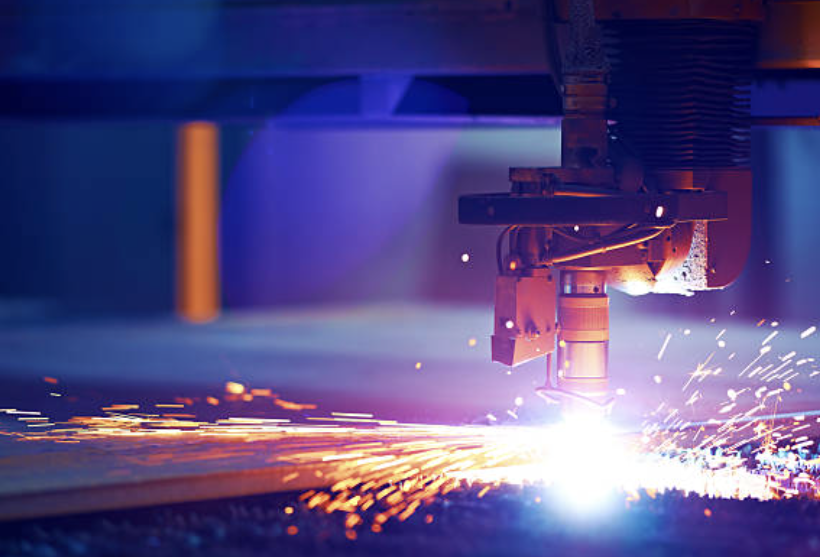
Posted on Thursday, April 25, 2024
Metal fabrication is a cornerstone of modern manufacturing, and its role in advanced weaponry has grown exponentially in recent years. As military technology evolves, so does the need for highly specialized and precise components, many of which are made possible through metal fabrication. In this blog, we’ll explore some niche applications of metal fabrication in advanced weaponry, including crafting missile housings, manufacturing drone frames, and utilizing laser cutting for high-precision components. A case study will highlight the role of metal fabrication in building parts for autonomous military drones.
Metal fabrication in advanced weaponry refers to the process of creating, assembling, and finishing metal components used in cutting-edge military equipment. These components must meet stringent requirements for durability, precision, and performance under extreme conditions.
Laser cutting is a pivotal technology in the fabrication of advanced weaponry components. Its ability to cut with micron-level precision makes it ideal for crafting intricate parts used in weapons systems.
Examples of Laser-Cut Components:
Challenge: A defense contractor needed lightweight, durable, and highly precise components for a fleet of autonomous military drones. The drones required frames that could house complex avionics systems and withstand harsh battlefield conditions.
Solution: Using metal fabrication techniques, the contractor partnered with a fabrication specialist to:
Outcome: The drones were successfully deployed, showcasing increased maneuverability and resilience. The modular design also reduced maintenance time in the field.
Q1: What is the importance of material selection in advanced weaponry fabrication?
A1: Material selection is critical because it affects the durability, weight, and thermal performance of the components. For example, titanium is often used for missile housings due to its high strength-to-weight ratio.
Q2: What are the advantages of laser cutting in military applications?
A2: Laser cutting provides unmatched precision, which is essential for creating complex parts that must fit perfectly in high-stakes applications like missile guidance systems or drone propulsion units.
Q3: What is the role of CNC machining in advanced weaponry?
A3: CNC machining ensures that components meet exact specifications, which is vital for maintaining the reliability and performance of advanced weapons.
The niche applications of metal fabrication in advanced weaponry showcase the versatility and importance of this field. From crafting missile housings to creating drone frames and leveraging laser cutting for precision components, metal fabrication continues to push the boundaries of what’s possible in military technology. As innovations like autonomous drones and high-speed missiles become standard, metal fabrication will remain at the heart of their development.

Used Purlin Roll Forming Machines for Sale Worldwide
Posted on Sunday, January 25, 2026
Pre-Owned Roll Forming Machines for Purlin & Structural Steel Profiles

Used Roof Panel Roll Forming Machines for Sale Worldwide
Posted on Sunday, January 25, 2026
Pre-Owned Roll Forming Machines for Roofing Panel Production

Used Roll Forming Machines for Sale Worldwide
Posted on Tuesday, January 20, 2026
Pre-Owned Roll Forming Machines with Inspection, Verification & Global Support

Steel Coil Supply for Roll Forming Machines Worldwide
Posted on Tuesday, January 20, 2026
Reliable Steel Coil Supply for Roll Forming, Fabrication & Manufacturing Applications
Copyright 2026 © Machine Matcher.